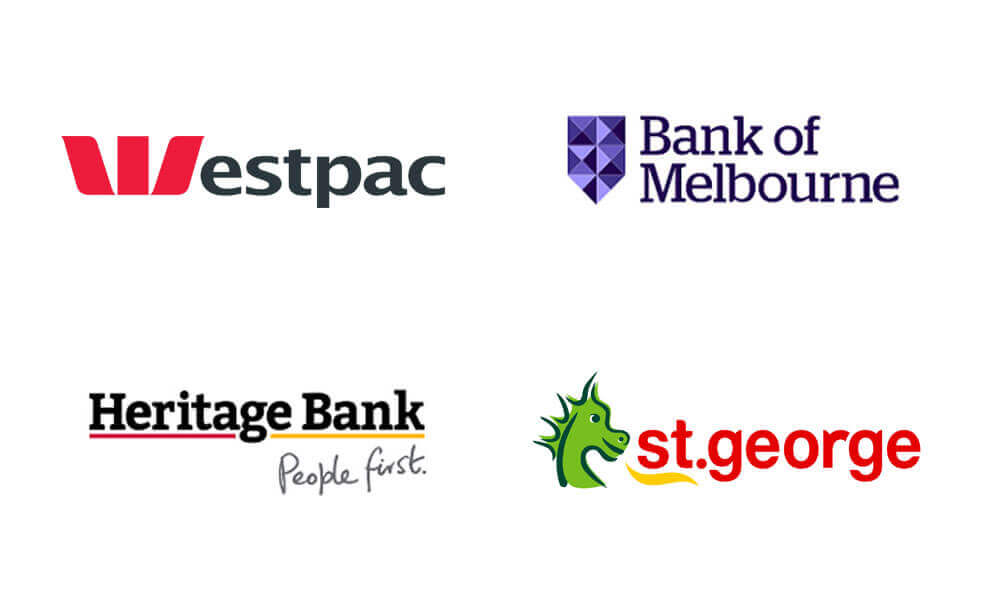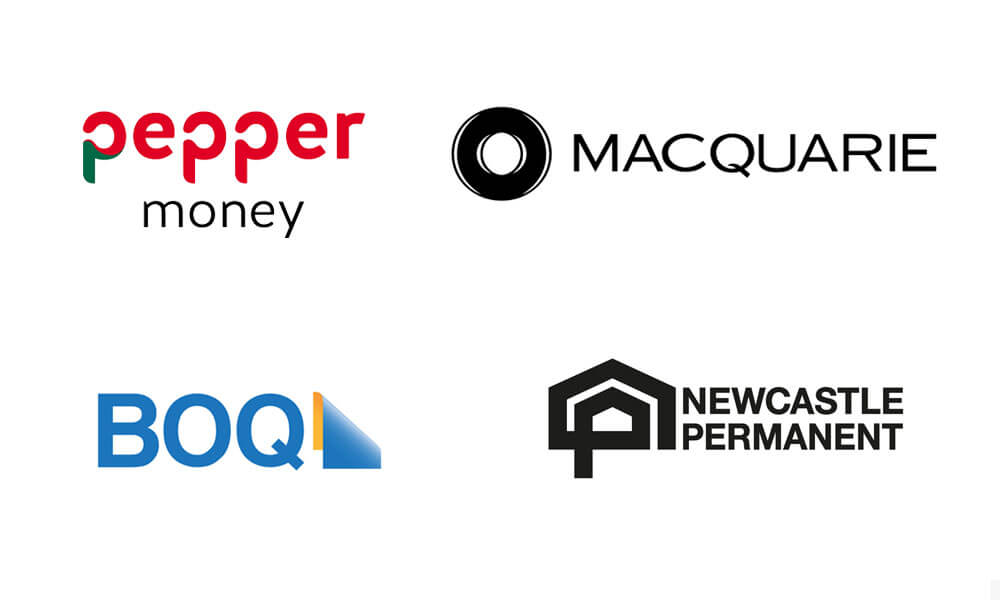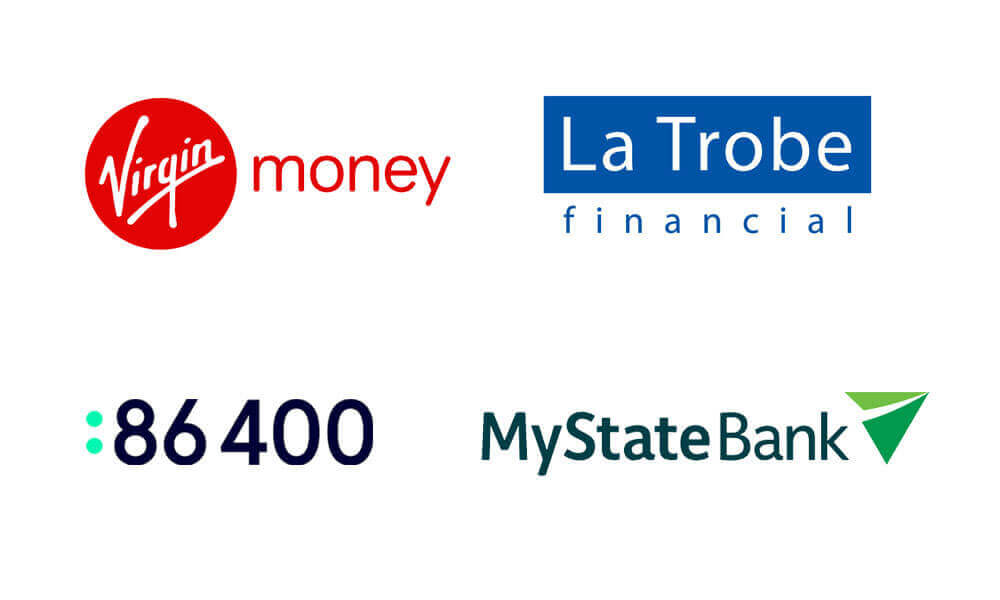
How your HECS-HELP debt affects your borrowing capacity
What does this year’s greater indexation rate mean for your HECS-HELP debt? And how does…

Tax time might not be everyone’s favourite season—but it’s a golden opportunity to get your finances in order and plan ahead with purpose.
If you own an investment property, being across the deductions you’re entitled to can make a big difference at tax time. Here are some key strategies to help you maximise your return and set yourself up for success in the new financial year.


As a general rule, if you’ve spent money to earn rental income and have kept records, you may be able to claim that expense.
The Australian Taxation Office (ATO) breaks up rental property deductions into three main categories:
Do you list your property on Airbnb or rent out only part of it, like a single room? You’ll need to split expenses based on the proportion of the property used to generate income — and when.
The ATO has clear guidelines for apportioning expenses correctly. Getting this wrong can mean under-claiming or, worse, over-claiming and triggering an audit. You can find more information about how to apportion expenses correctly in the ATO’s rental properties guide.
Some costs can’t be claimed upfront, but they still add up.
For example:
Need to fix that leaky tap or replace the hot water system? Taking care of maintenance before 30 June means you may be able to claim the deduction this financial year—rather than waiting another 12 months.
Examples of deductible repairs include:
In most cases, your finance-related expenses are deductible, including:
You may also be able to claim insurance premiums for your investment property, including building, contents, landlord liability, and loss of rent coverage.
The end of the financial year is a great time to take stock, claim what you’re entitled to, and make plans for the year ahead.
While your accountant can assist with tax strategy, as your local 1st Street Mortgage Broker, I’m here to help with your finance goals. Whether it’s reviewing your current loan or arranging finance for your next property purchase, I’m just a call away.
Get in touch today – let’s set you up for a smarter financial year.

What does this year’s greater indexation rate mean for your HECS-HELP debt? And how does…

Creating a spark with prospective buyers could not only help you to achieve a quick…
Yes, that’s right. You pay zero, zip, nada.
1st Street’s premium service comes at no cost to you! 1st Street is paid by the lender when your loan settles, however, this will not affect your interest rate or loan fees! It is often more cost-effective for a mortgage broker to process a loan rather than the lenders processing it themselves in-house. In fact, we often find that we can save you money by negotiating on your behalf.
Use our online calculators to work out how much you can borrow, loan repayments, stamp duty and lots more.






